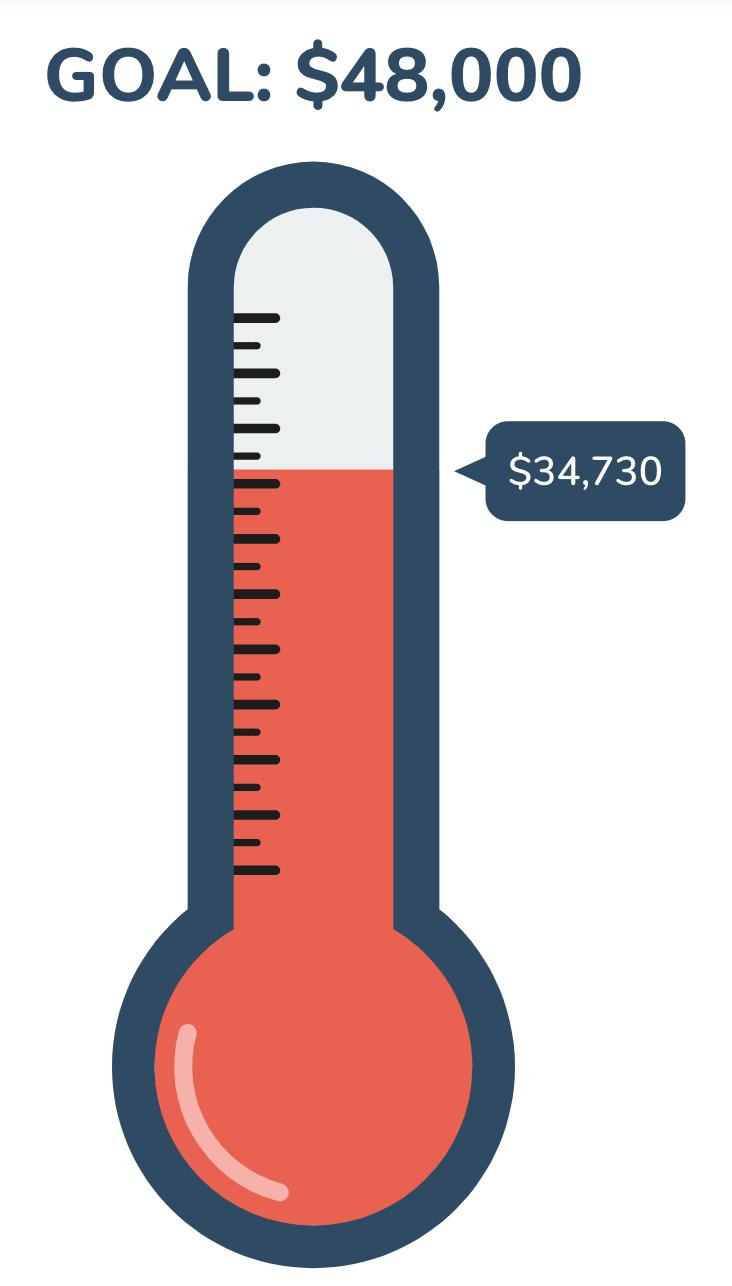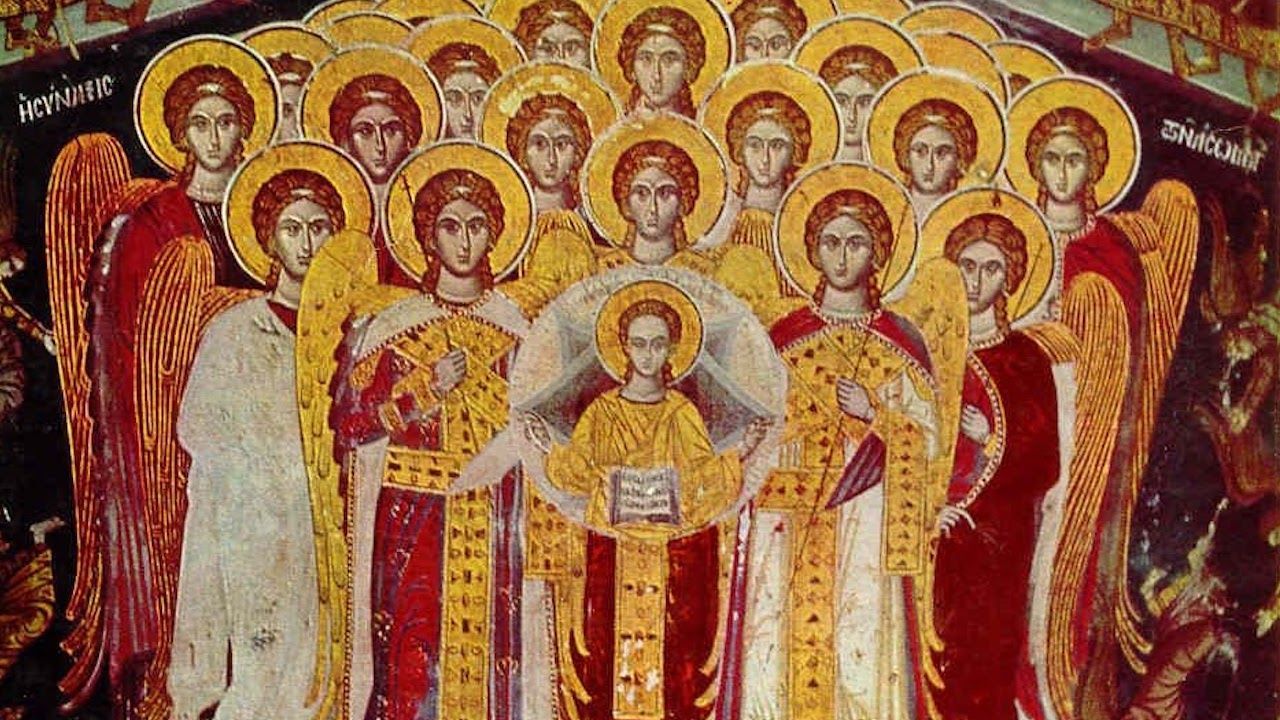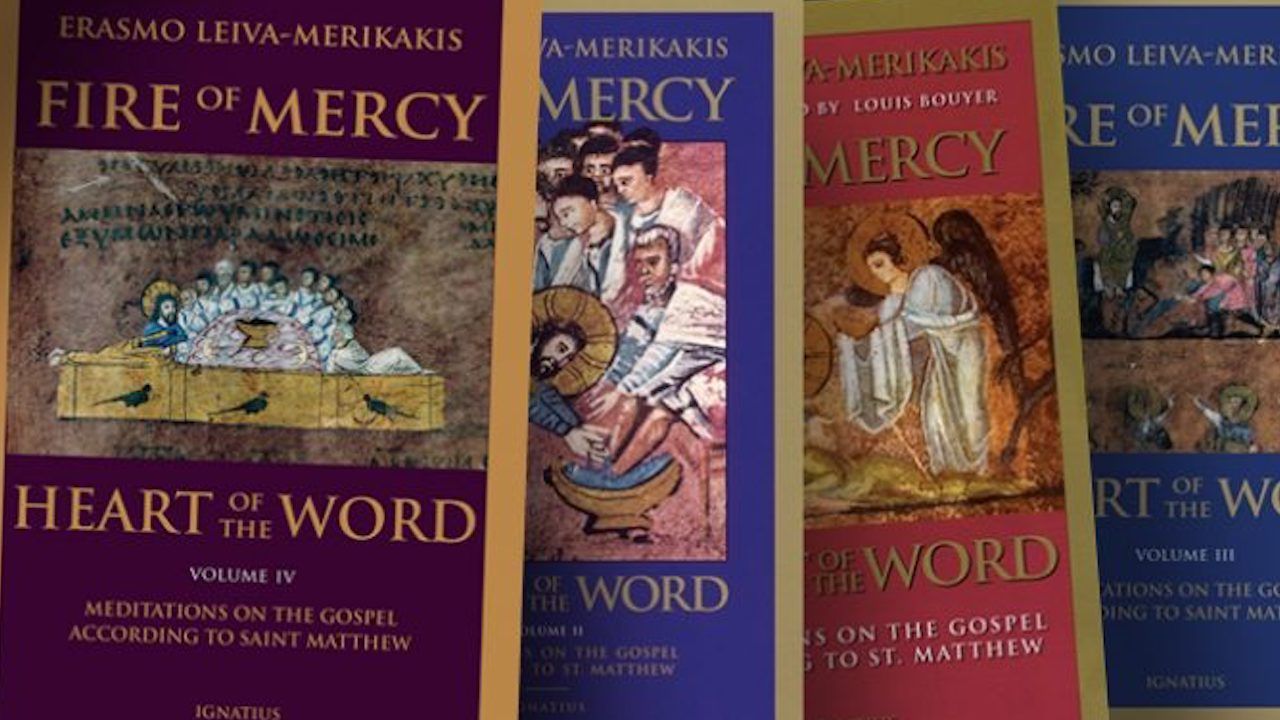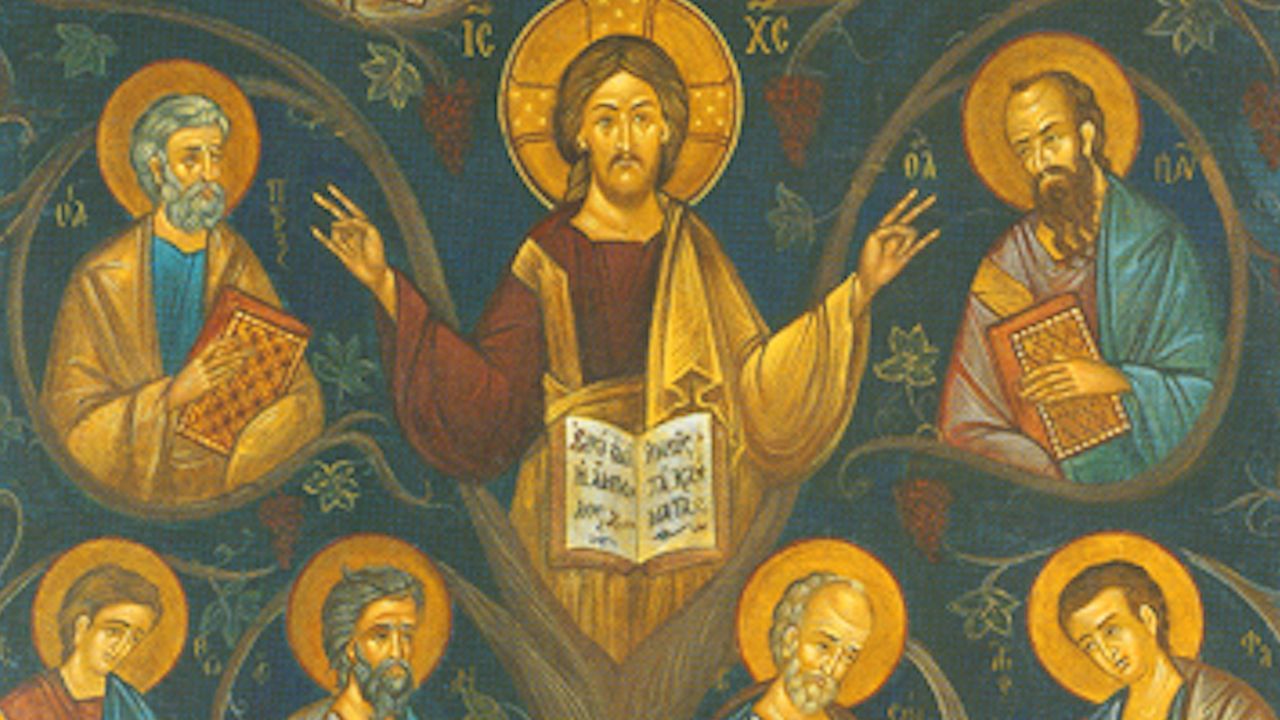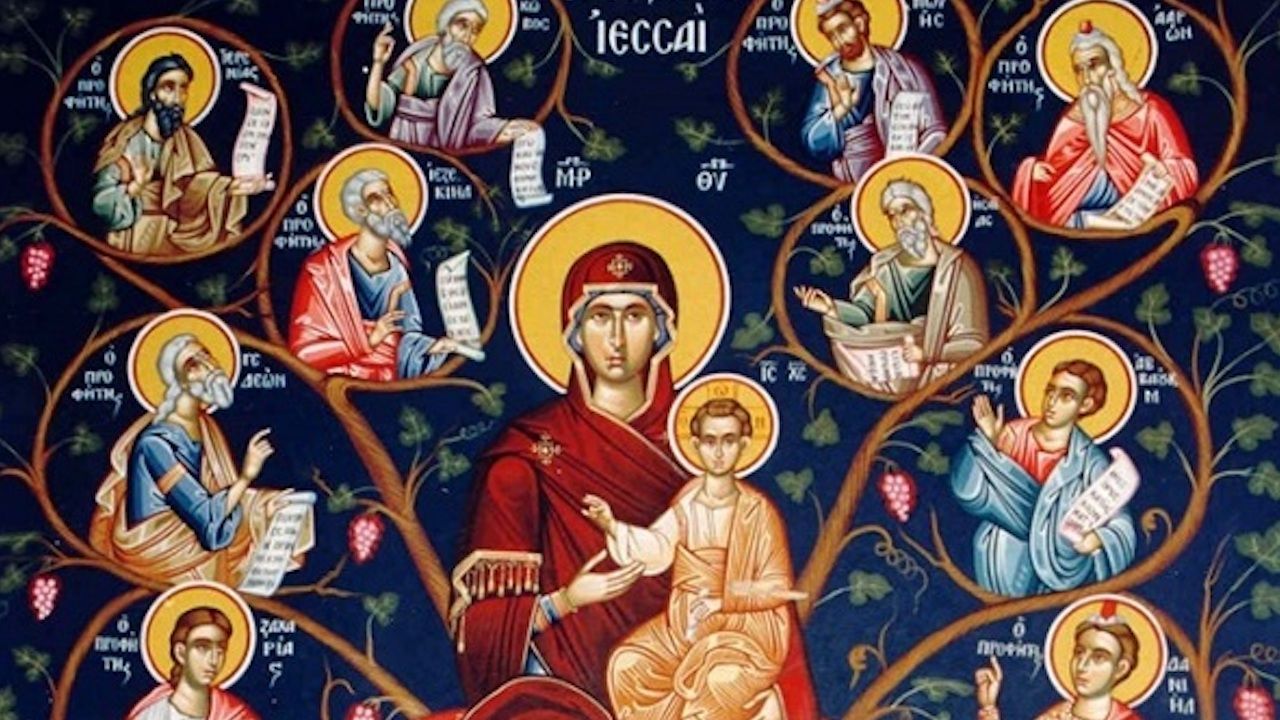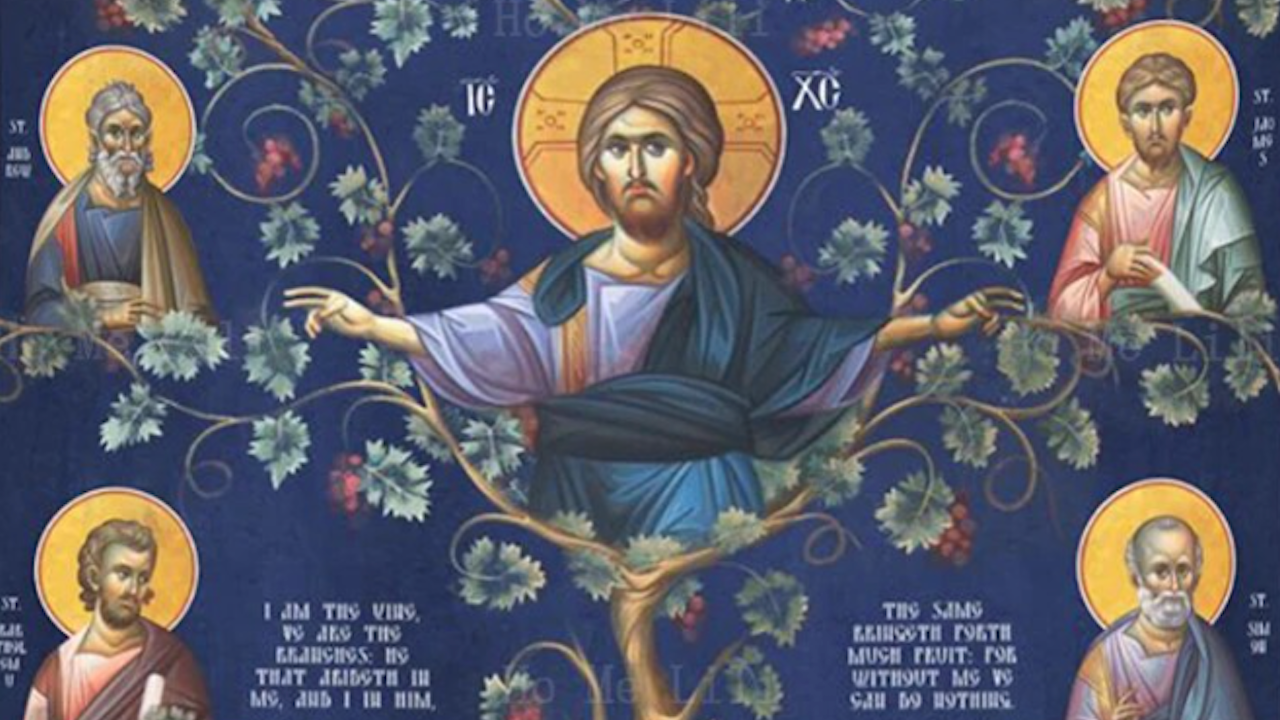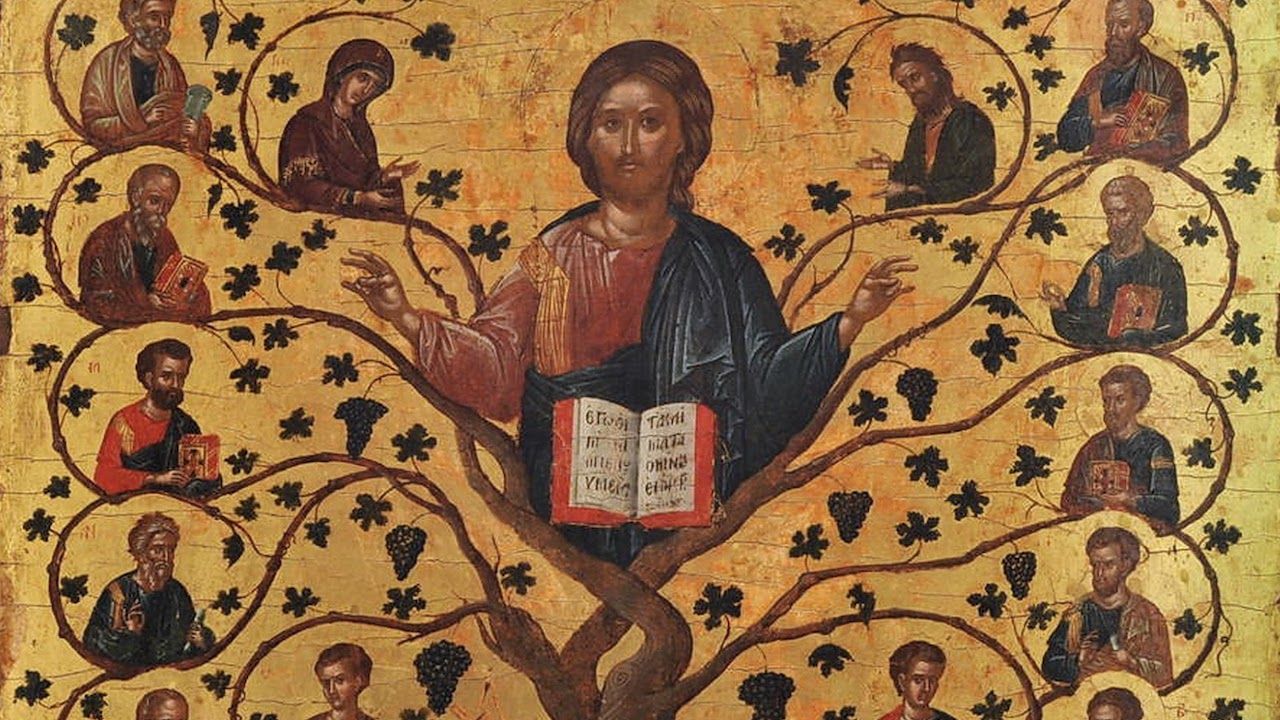Sermon on the Holy Joachim and Anna, Glorious Parents of the Theotokos Mary
by Kosmas Vestitor
Feast of the Holy & Righteous Ancestors of God, Joachim and Anna
Anno Domini 2023, September 9
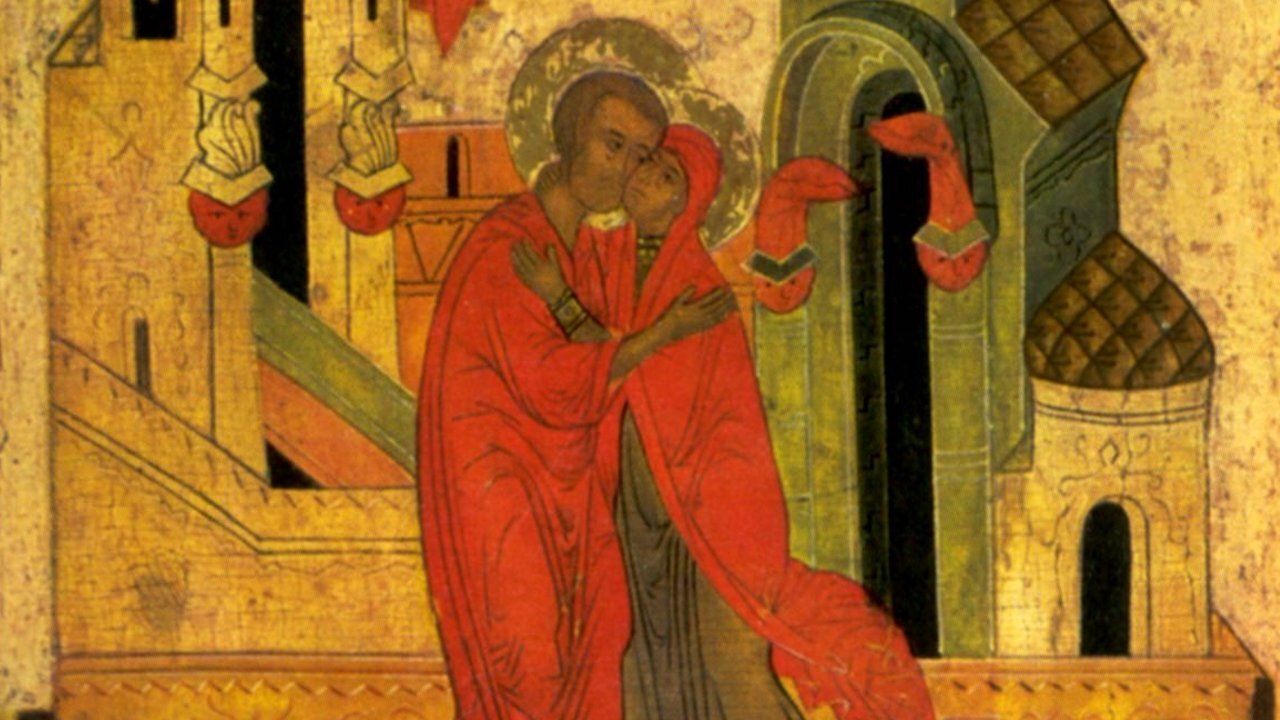
YESTERDAY the Nativity festival of the Theotokos glorified the celebration of cosmic joy for us with auspicious hymnody. Today is the day that offers thanksgiving to the progenitors of the Theotokos, through whom the beginning of salvation for everyone has come about. Indeed, the festival of the parents is that of the daughter. For just as a child is glorified too in the glory of its mother, so also is a mother glorified in the blessing of a child. Yesterday thus was a day that was “wonderful in our eyes” (cf. Ps. 117:23), and today there is happiness in remembering the righteous with speeches of praise.
It came to pass in times of old that there was a righteous man from the tribe of Judah named Joachim. He was a man distinguished in holiness and righteousness; a man who was notable in nobility and wealth; a man who was single-minded in his offerings of sacrifices; a man in every way well-pleasing to God; a man of the longings which come from the Spirit. For since he was childless and consumed with desire for a child, he fathered the bride of the Holy Spirit. As a man he truly achieved this, since God hearkened to his prayers and granted him the one who was “beyond all the tabernacles of Jacob” (Ps. 86:2), or to put it another way, the daughter who is worthily deemed higher than all created things in heaven or on earth.
And he had a pious wife, whose name was Anna, who also came from the royal tribe of Judah since she was a descendant of David. She was a woman who rejected all evil; a woman who lived faithfully before God with her husband; a woman who regularly attended the temple of God along with her own spouse, with prayers, fasts, and pleasing, bountiful gifts; a woman who in unanimity of soul and bodily chastity always possessed constancy of understanding with her husband. For in accordance with the formation of the one to whom she was married by God, she preserved indestructibly the bone of her husband, thus safeguarding an attitude of devout benevolence towards him in their union.
For she was not mischievously transformed, like Eve, but was instead joined to her husband as a helper both in the living out of virtues and in daily supplications to God. For the two grew equally weary in their prayer of yearning for a child in the same way that a farmer, together with his wife, when they have worked some barren land, sow the seed and, through prayer, expect to gain a good crop of fruit. Anna lived not as Eve lived with Adam, but as one who shared in thanksgiving and worked with Joachim on spiritual good deeds; and she was truly a “better half” who completed the union with her husband perfectly. For whereas Eve became the producer of pain for the world by means of the fruit of a tree, Joachim’s Anna represented joy for the Creator by means of the fruit of her womb.
It is well known to everyone that Mary the Theotokos was given the good news in the Galilee of the gentiles (cf. Mt. 4:15 for this epithet; Lk. 1:26ff. for story of the Annunciation), in the house of Joseph the carpenter, who had been made the Virgin’s husband in order to ward off the devil’s deception. And again, it is clear that she gave birth to Christ in Bethlehem and that her native land happened to be the same city as that of her mother, just as the oration will demonstrate below. For Mary’s ancestral home was situated near the pool by the Sheep Gate in Jerusalem, according to the text, where Christ who was also our God raised up and cured the man who had lain as a paralytic for thirty-eight years (cf. Jn. 5:1-9), since He was about to go forth from that house symbolically as the Shepherd of rational sheep. For this reason the grace of baptism is also foreshadowed by the pool of water there, for the illness of chronic deceit that has paralyzed the souls of men, just as in the functioning of limbs, has been healed by purification of the Spirit through water, just as the spiritual bread of life was leavened in the figure of Bethlehem. And here Christ was revealed in the form of an angel to Abraham (cf. Gen. 22:11), and He also wrestled with Jacob in angelic shape (cf. Gen. 32:24). For He is the One who came to bring good news to those who are far away and those who are nearby (cf. Acts 2:39); He is the Gospel of righteousness; He is the One who carried out the commandment of the God and Father by means of angels; He is the “Messenger of great counsel” (Is. 9:6), to whom the Father became Counsellor and said, “Let us make man according to our image and likeness” (Gen. 1:26). He is also the Bread of true life which was predicted in advance by the name of Bethlehem; for “Bethlehem” means “house of bread,” which was baked in the ashes in Abraham’s tent, that is to say, bread which was leavened in secret, or the flesh of the Savior that was begotten from the Virgin and Theotokos, Mary.
It is therefore fitting, on account of these things, to say that the Lord blessed the house of King David on account of his descendant, life-bearing Mary. He blessed the house of the righteous Joachim and Anna on account of their hallowed daughter. He blessed the house of Joseph on account of the bride, the truly pure and ever-Virgin Mother of Christ and Theotokos Mary, who had been entrusted in civil law to him alone.
Hence, and on account of these things, thrice-blessed are the parents of the Mother of God, to whom the whole world is indebted! Blessed are the prophets, who truthfully predicted the Incarnation of Christ through them; the apostles, who were reborn as sons of light through their daughter; the holy martyrs when they received their crowns; the saintly and righteous Christians, as inheritors of good things to come, and even sinners, since they are pitied through the intercessions of the Theotokos.
To them let us cry in thanksgiving: Hail, all pious father of our hope in God, Joachim; may your loins be graced! Hail, all-honored mother of the Mother of our life, Anna; glory be to your womb! Hail, father with a good seed, and farmer of the fruitful offspring! Hail, mother of the great fruit, root of our salvation! Hail, father, vine-dresser of the productive bunch of grapes! Hail, mother, field of gold earth which has yielded a hundredfold (cf. Mt. 19:29; Mk. 10:30; Lk. 8:8)! Hail, father, gardener of the spiritual paradise! Hail, mother, tree with the blameless branch! Hail, father, oyster shell of the spotless pearl! Hail, mother, rock containing pure emerald! Hail, father, source of the life-flowing spring! Hail, mother, water-jug for the thirst of child-bearing!
Our mouths are filled with praise for the special qualities of your holiness, but we are not capable of singing about your duality that is yoked together by God unless we follow the utterance of your descendant according to the flesh, Christ, in blessing you both and say, “Rejoice and be glad, for the reward of the fruit of your womb is in heaven” (cf. Mt. 5:12). For you are the holly ones who were reproached on account of your childlessness and who heard wicked words. But you were made happy after a short time by your child-bearing, and the fact that you have given birth to the Mother of God is sufficient as praise for you!
For the righteous progenitors of the Theotokos were truly perceived in advance as worthy of being related to Christ in flesh and of being honored as belonging to a famous family, by which I mean a kingly and priestly one. For the Theotokos takes her genealogy from both, since the two tribes became intertwined in different ways from the beginning.
For this reason let us then expound the ancestors of the Theotokos as follows: Zacharias, the father of John the Baptist, had a brother who was also a priest, called Aggaei, who had died before him. Joseph, the carpenter, took a daughter of this Aggaei in marriage. From her he begat four sons and two daughters, of whom one was James, who was called the brother of Christ and who became the first bishop of Jerusalem. And the name of Joseph’s wife was Salome: not Salome the midwife, but another Salome. After her death, Joseph was engaged to the Theotokos Mary whose maternal line descended from the priest Matthat, who in turn was descended from Solomon, the son of David, as the genealogy according to the Gospel of Luke states (Lk. 3:23-38; Luke actually says that Joseph, not Mary, was descended from Nathan, the son of David [Lk. 1:31]; Matthew, on the other hand, includes Solomon as an ancestor of Joseph [Mt. 1:7]). This Matthat had three daughters by his wife Mary, whose names were Mary, Sobbe, and Anna. Then Mary bore Salome the midwife, Sobbe bore Elizabeth, the mother of John the Baptist, while Anna bore the Theotokos Mary in Bethlehem, who was given the name “Mary” of her grandmother and aunt. As a result, Elizabeth was Anna’s niece and the cousin of the Theotokos. The Gospel affirms each of these things, for on the one hand, with regard to the paternal family of Christ, according to the flesh, it states, “Jesus was about thirty years old when he began his work. He was the son, as was thought, of Joseph son of Heli, son of Matthiat” (Lk. 3:23-24), while on the other hand, with regard to his maternal line, it states, “Behold, your relative Elizabeth” (Lk 1:36). On account of these things, glory be to the condescension of God, now and ever, and to the ages of ages. Amen.
*From Wider Than Heaven: Eighth-century Homilies on the Mother of God, tr. and intro. by Mary B. Cunningham (Crestwood, NY: St Vladimir’s Seminary Press, 2008), pp. 139-144.
In an isolating secularized culture where the Church's voice is muffled through her many divisions, Christians need all the help they can get to strengthen their faith in God and love toward their neighbor. Eighth Day Institute offers hope to all Christians through our adherence to the Nicene faith, our ecumenical dialogues of love and truth, and our many events and publications to strengthen faith, grow in wisdom, and foster Christian friendships of love. Will you join us in our efforts to renew soul & city? Donate today and join the community of Eighth Day Members who are working together to renew culture through faith & learning.
May 2024
28
29
5pm Ray Anderson Theological Task Force
30
1
6am "Ironmen"
2
4pm Cappadocian Society
3
7:30am Prayer Group - Hill
4
5
6
5pm Ray Anderson Theological Task Force
7
8
6am "Ironmen"
9
4pm Cappadocian Society
7pm Hall of Men
10
7:30am Prayer Group - Hill
6pm Chesterton Society
11
12
13
5pm Ray Anderson Theological Task Force
14
15
6am "Ironmen"
16
4pm Cappadocian Society
17
7:30am Prayer Group - Hill
18
19
20
5pm Ray Anderson Theological Task Force
21
4pm Preaching Colloquium
6:30pm Sisters of Sophia
22
6am "Ironmen"
23
4pm Cappadocian Society
7pm Hall of Men
24
7:30am Prayer Group - Hill
25
7am "Ironmen"
26
27
5pm Ray Anderson Theological Task Force
28
29
6am "Ironmen"
30
4pm Cappadocian Society
31
7:30am Prayer Group - Hill
1
Location
Eighth Day Institute at The Ladder
2836 E. Douglas Ave.
Wichita, KS 67214
©Eighth Day Institute 2019

